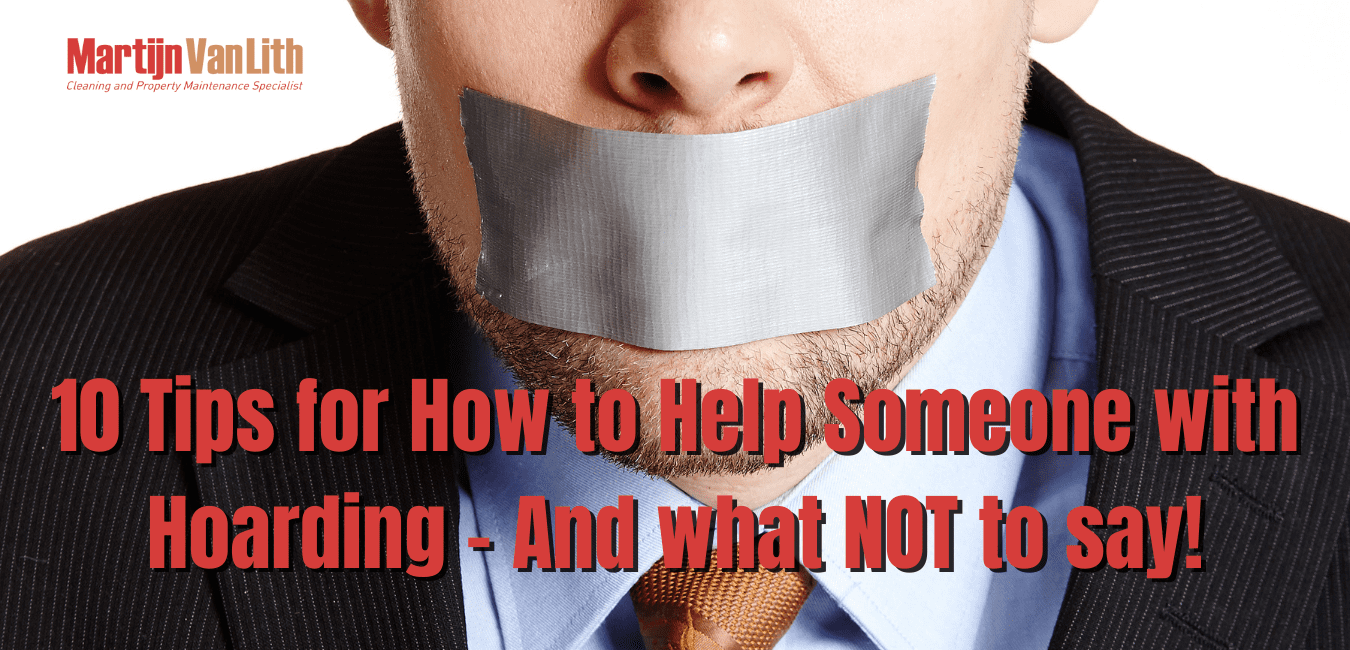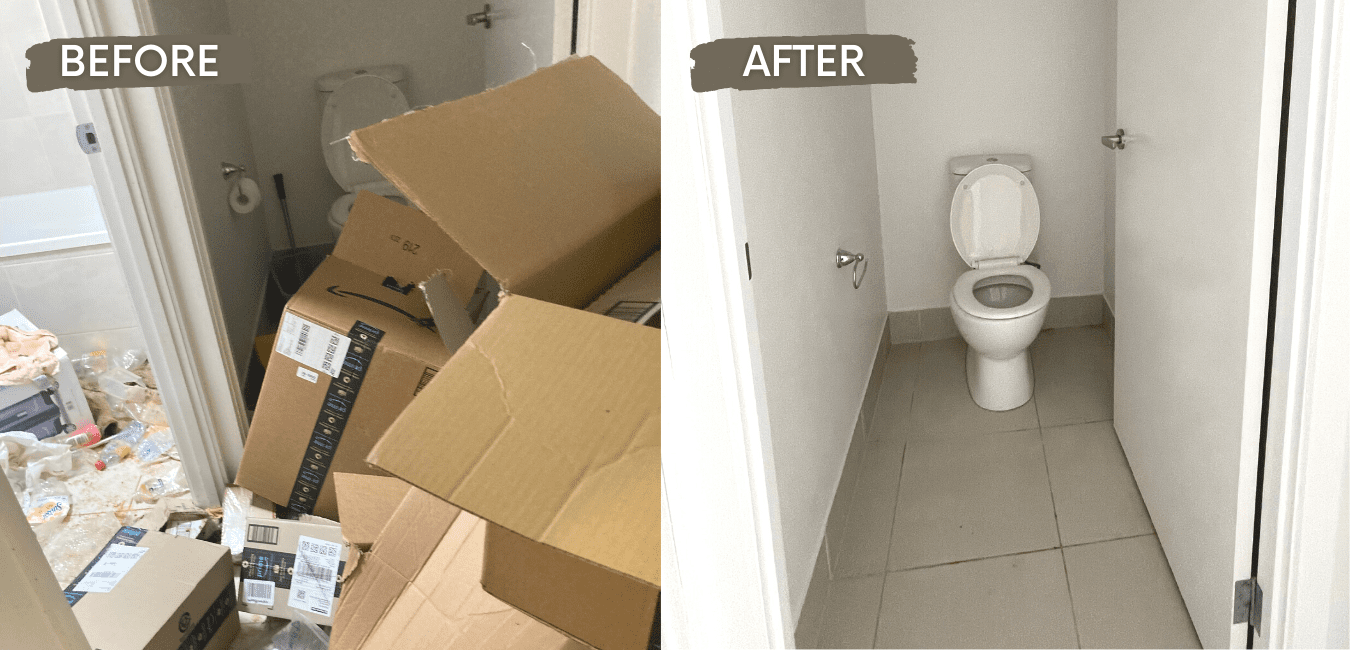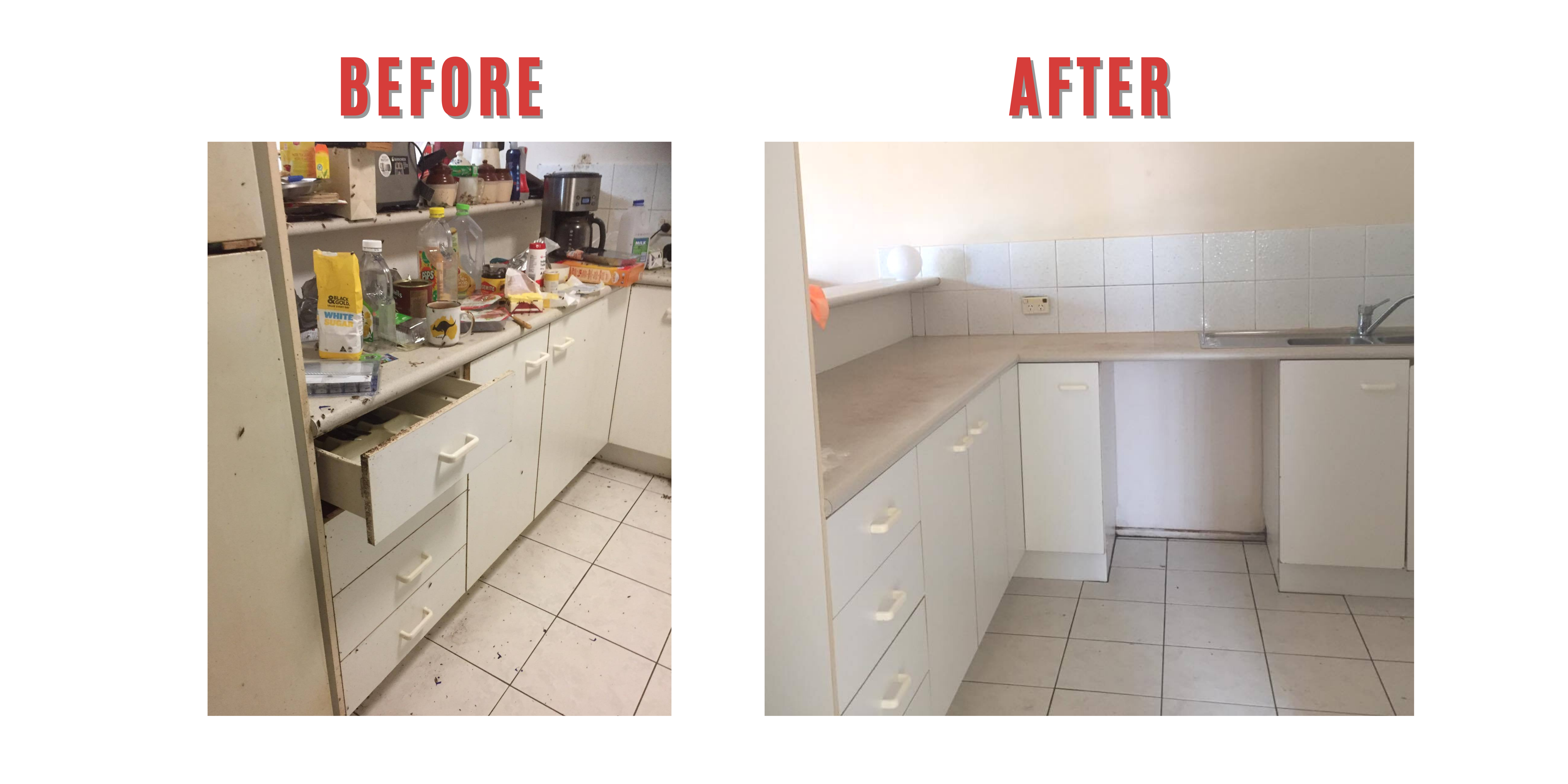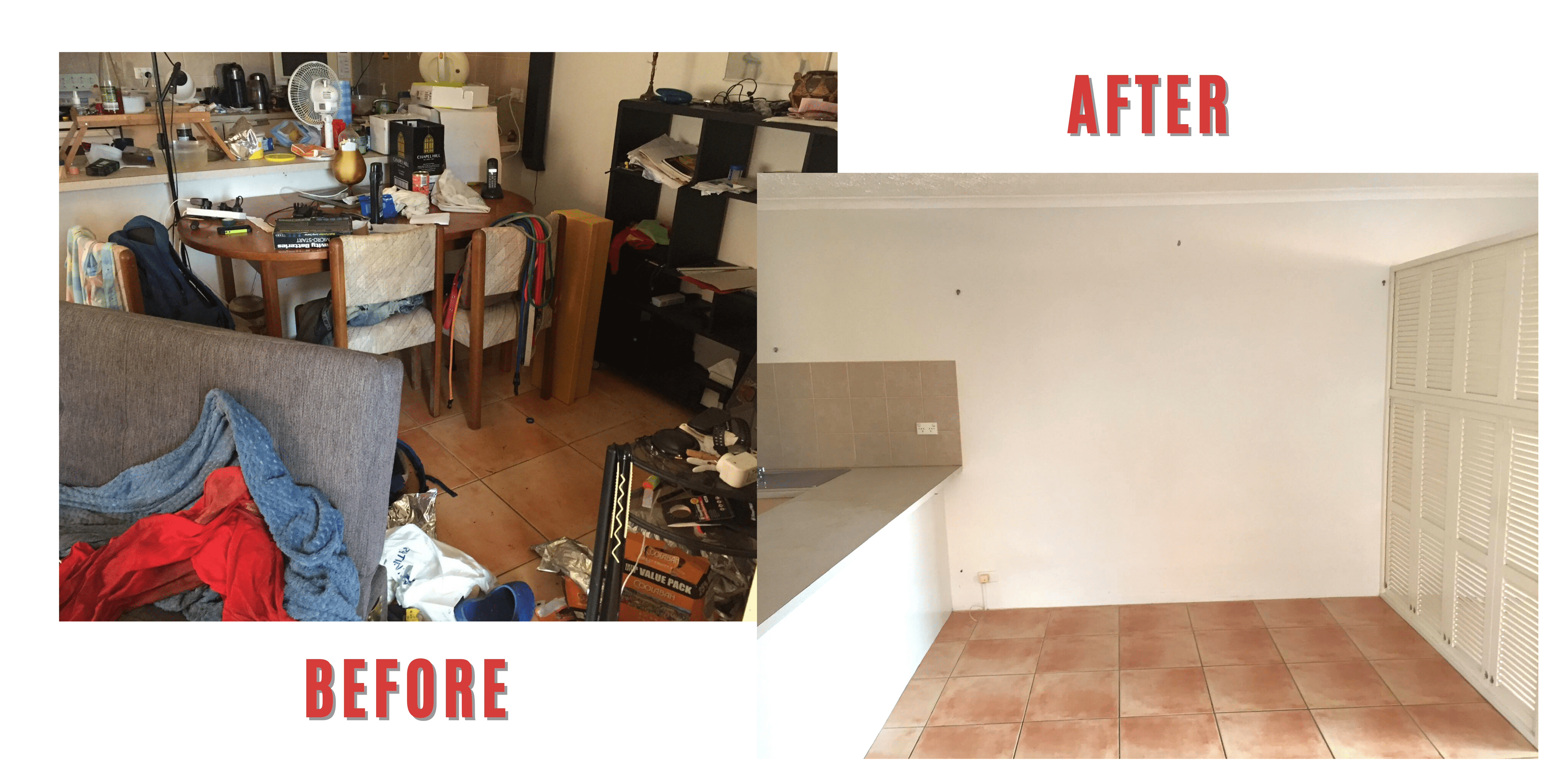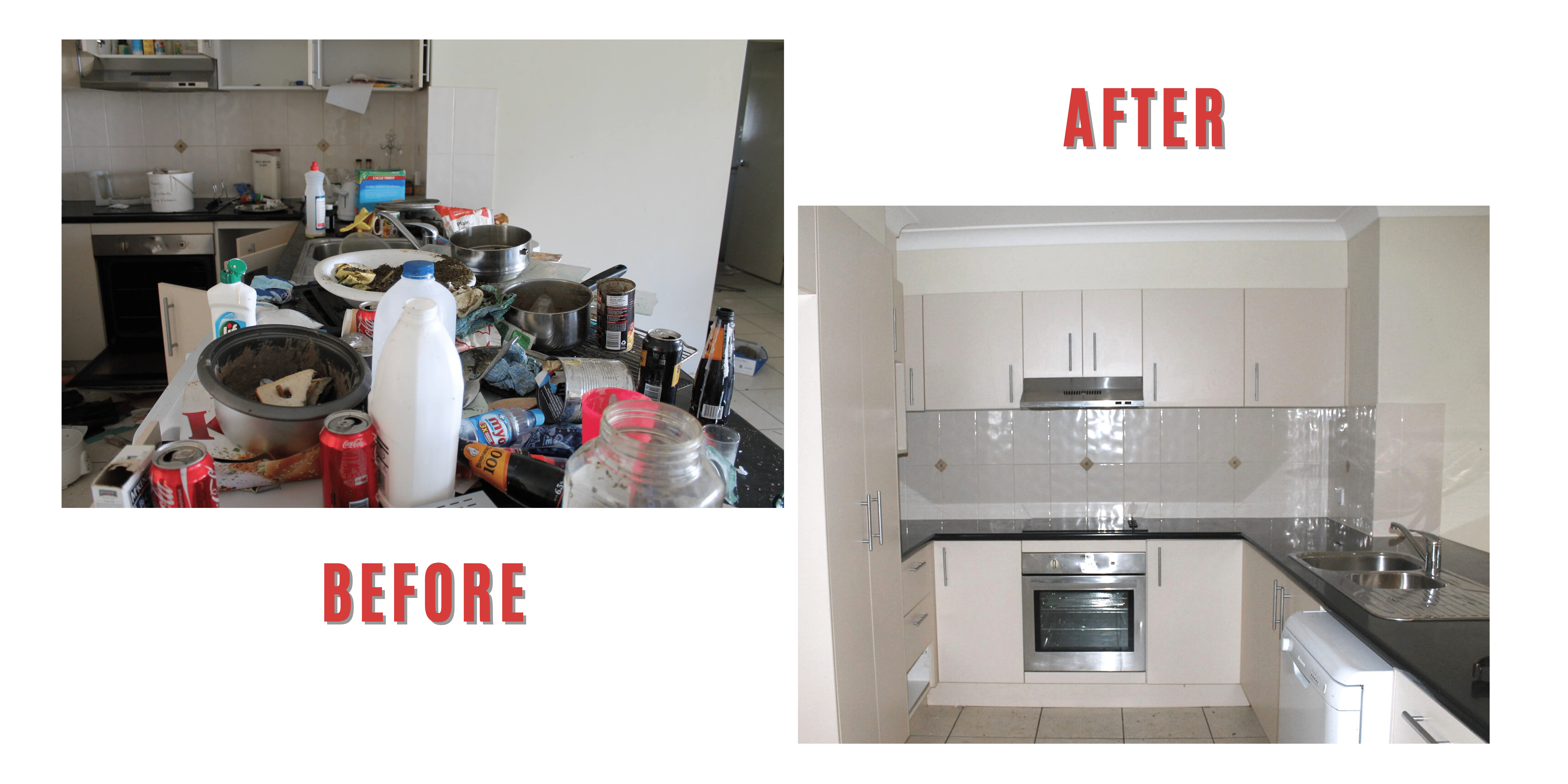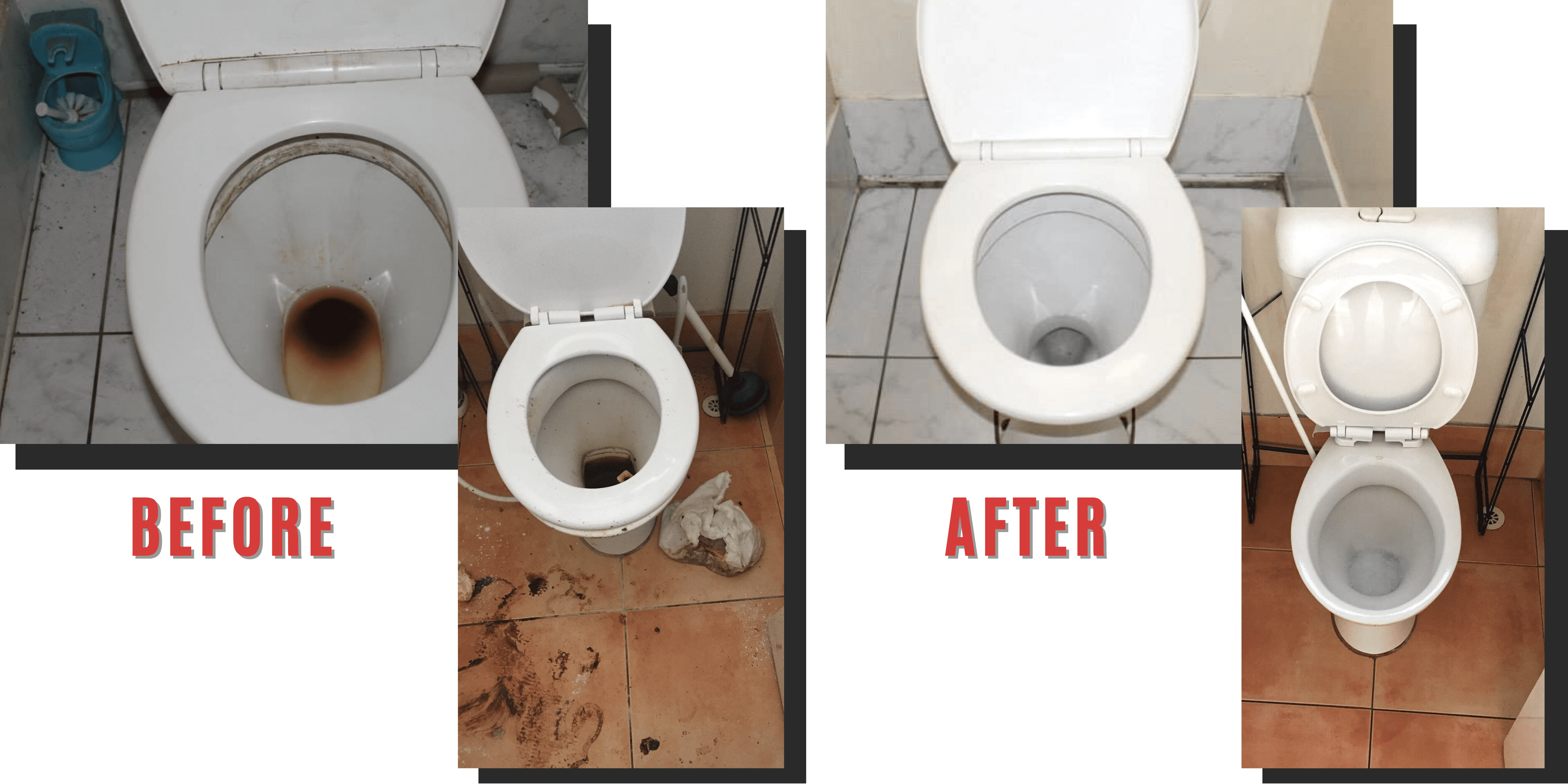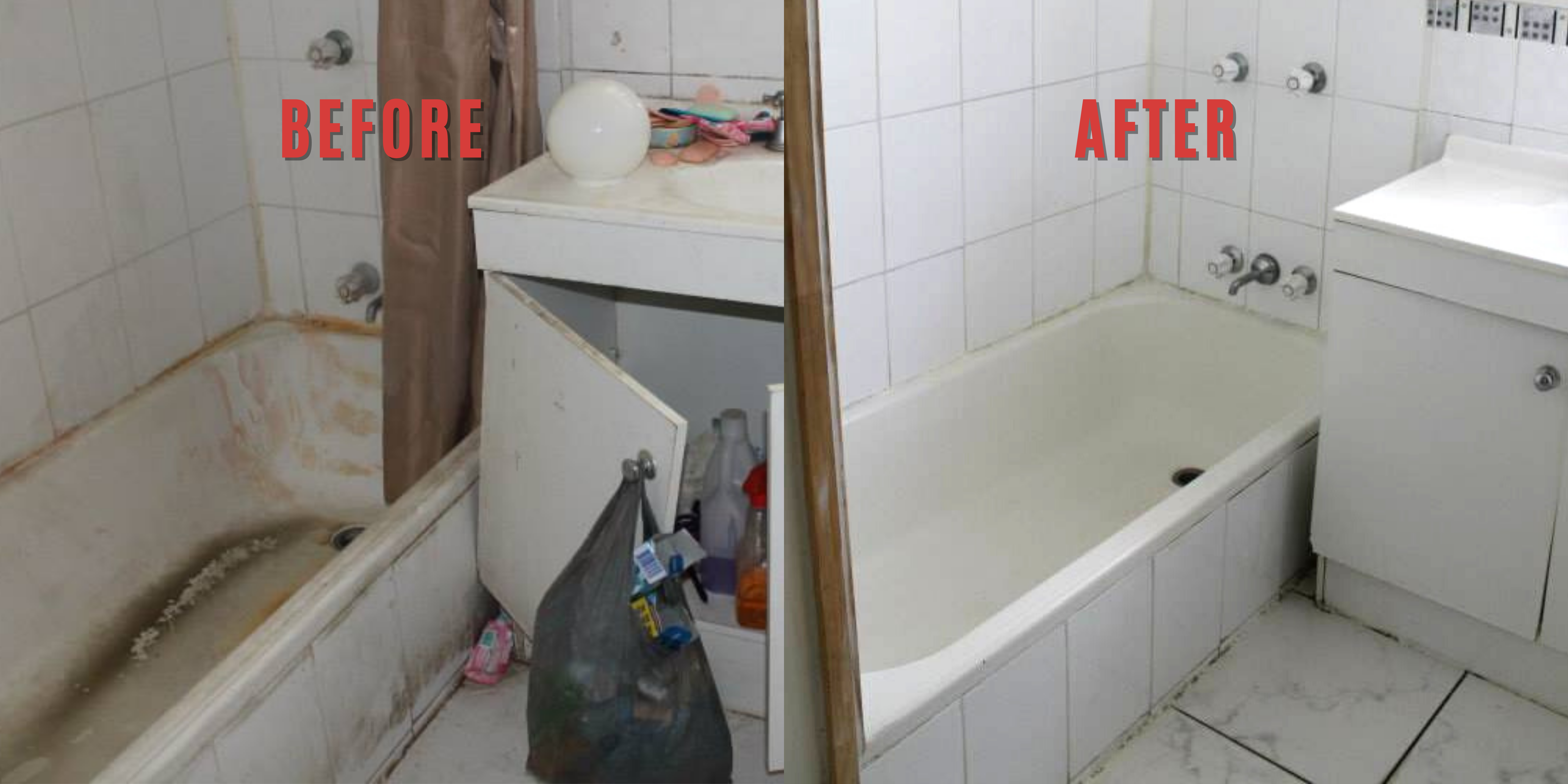10 Tips for How to Help Someone with Hoarding – And what NOT to say!
Helping someone with hoarding can be a difficult, trying process. But it’s also rewarding! In this post, we’ll go over some tips for how to help someone with hoarding, what not to say and what to keep in mind before starting.
1. Don’t try to be a hero.
When you first see the clutter and mess, it can seem like you need to do everything yourself. You may feel like if you don’t try, nothing will get done. But hoarding is a complex condition and it takes more than one person to make a difference in someone’s life. The good news is that there are many ways to help your loved one with hoarding without becoming overwhelmed yourself.
For example:
- Reach out for support from others who have experience helping people with hoarding issues—like family members or friends who have previously helped others with this problem (or even professional organizers), online support groups, therapists specializing in hoarding disorder and/or mental health professionals with expertise in this area (such as social workers).
- Enlist the assistance of local organizations that provide assistance on behalf of individuals suffering from mental health disorders such as anxiety disorder, depression or obsessive-compulsive disorder—these organizations can often provide guidance on how best to help someone who feels overwhelmed by clutter but doesn’t want any outside intervention into their lives at all cost!
2. Watch what you say.
Hoarding is a complicated issue and the person dealing with it may not be able to see how their behavior affects others in their life. So, when talking about hoarding with someone who has it, avoid making assumptions about why they hoard or what caused them to start hoarding in the first place. Additionally, don’t assume that they are unintelligent, unable to make decisions or incapable of changing their behavior simply because they do not share your opinions on this matter.
- What NOT to say: “You have no control over this problem!” This is often said by family members who want desperately for the person who’s hoarding to get help but don’t know how else they can encourage them other than saying something like that out loud—so it’s also one of my top tips for keeping my mouth shut when I’m around someone suffering from compulsive hoarding disorder!
3. Watch your actions.
There’s a fine line between helping and enabling. You can help someone with hoarding in their home by being present, listening, and validating their feelings. That’s it. You don’t have to do anything else—that should be the end of your responsibilities!
If you are trying to help a hoarder out of love or compassion for them, remember that your actions will speak louder than words. It doesn’t matter how much you think they’ll appreciate it if they don’t understand that they have a problem in the first place (or won’t admit this).
Remember that people who hoard tend to have difficulty seeing things objectively because of their anxious attachment style (see: The Science Behind Hoarding). So even if there is an obvious way out of their situation like donating items or throwing them away after washing them with bleach…remember: They may not see it as helpful at all!
4. Do NOT throw anything away!
Hoarding is a mental health issue. If you have never experienced it, it’s hard to understand how it feels. To your loved ones, the items they hoard are important and have value to them. They are often unaware of their own limitations or the consequences of hoarding on their life.
If you start throwing things away without asking permission first, you risk making your loved one feel attacked. This can be traumatic for them and cause them to push away from all support including yours.
5. Establish non-negotiables.
Establishing non-negotiables is when you establish the boundaries of your relationship with someone who hoards. For example, if a relative of yours has a serious problem with hoarding, you may want to consider setting some guidelines for how much time you spend together and what they can expect from you while they are visiting. You can also set boundaries around how much stuff they may bring into your house when they visit.
Whether or not your loved one has agreed to accept help from a professional therapist, there are ways that we can also help them by helping them identify their own goals for change and creating supportive environments for those goals. Here are some examples:
- I will NOT let my house get so messy that I don’t know where anything is anymore.
- I WILL make sure all my bills get paid on time each month (even if it means getting help doing this).
6. Present any changes as options, not requirements.
When talking to your loved one about a change in their hoarding, present the idea as an option—not as a requirement, punishment or reward. As with any change you wish to see in your loved one’s behaviour, it’s important not to make this about you and what you want. This attitude might also help them feel more open-minded about the suggestion.
- Don’t say “If we don’t clean up this apartment and get rid of all these things, I’m going to leave.”
- Don’t say “We have too much stuff! We have got to get rid of some or else we’ll never be able to move again!”
- Don’t say “I can only stay here if we start throwing away all our junk.”
7. Give yourself breaks.
Be patient! If a room gets filled up with clutter again, take it as an opportunity to help clean it out once again instead of being frustrated.
If you are helping someone with hoarding, give yourself breaks. Your mental health and patience will be put to the test during this process, so allow yourself time to rest and recharge before continuing on with whatever task you’re working on at the moment.
8. It will take time for things to change so be patient with yourself and others.
Hoarding is a complicated problem that can take years to change, even with the help of therapists, family and friends. It’s important to be patient with yourself and others. If you are living with a hoarder or helping someone who hoards, remember that it may take time for things to get better. You might feel like your efforts don’t matter at first or even make things worse, but over time they will start making an impact on the person you’re trying to help.
9. If you are the hoarder, get professional help.
If you are the hoarder, get professional help.
- Professional cleaners can do an initial assessment of your home and identify areas that need attention. They can also assist with moving items out of the house so you can keep things that matter to you in a less cluttered space.
- Therapists can help people understand why they hoard and how to manage their behaviour more effectively. They may recommend a therapist specializing in hoarding if necessary.
- Family members and friends should be supportive, not critical of the person’s efforts to deal with his or her hoarding problem; this support should include providing encouragement when he or she makes progress toward organizing items or taking them out of their home (even if only temporarily).
Support groups are also an option for both people with hoarding issues who want support from others dealing with similar problems, as well as those who have relatives with hoarding issues who want information about what they can do to help out while also staying safe themselves! WayAhead provides telephone support lines.
10. Hoarding cleanup isn’t going to happen overnight.
There’s a lot of talk about how to help someone with hoarding, but many of these tips don’t apply to the person who’s trying to clean up their hoard.
For example, if you are just starting out on your own journey towards a clutter-free life and are feeling discouraged because it doesn’t seem like things are moving in the right direction, here are some things NOT to say:
- “It’ll take time.” Yes, yes it will! Don’t expect a big change in one week or even two months. This is something that will take time and effort on your part. You have to be patient with yourself while also being realistic about what’s possible (and what isn’t).
Conclusion
Your friend or loved one may not be ready to make the necessary changes to their home. But that doesn’t mean you should give up, because every little bit helps. Just keep in mind that things aren’t going to change overnight, so try not to get frustrated and take it all one step at a time!
If you need hoarding help, Martijn van Lith offers professional, confidential, and ethical extreme cleaning services in the South East Queensland regions in Australia to help you out with hoarding. We are equipped with licensed cleaners who have dealt with hoarding for over 15 years and we have trusted clients who have always sought our services in the past- up to the recent years- due to the trust and relationship we have built with them. Our technicians are IICRC-Certified and highly-trained for these types of situations. You can reach out to us at inquiries@martijnvanlith.com.au or call us at 0409 987 319. We’ll be happy to serve you to the best of our abilities. Below are some examples of hoarding cleanup we did.

